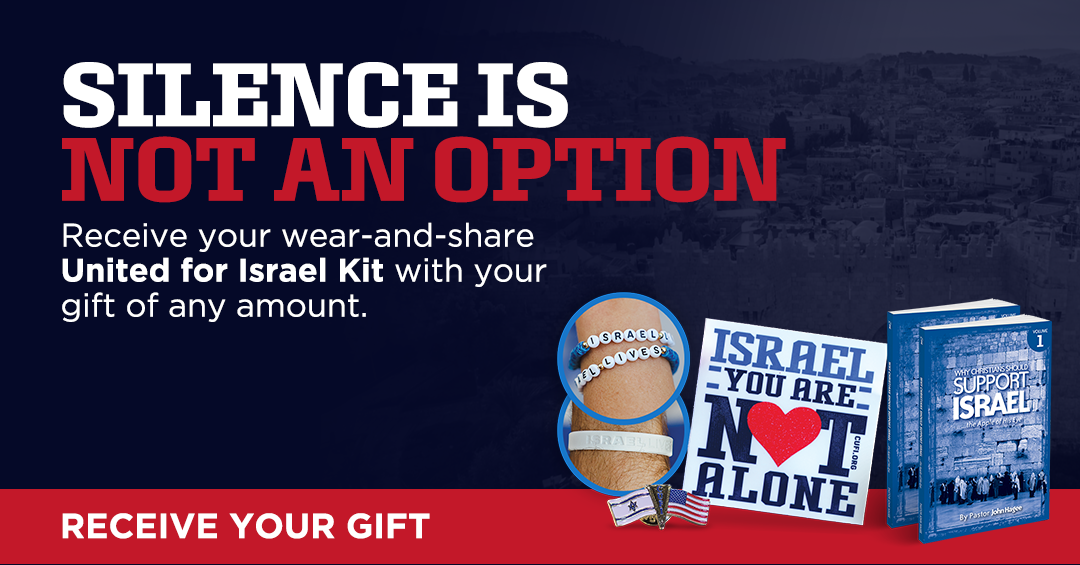“Pay for Slay”: The Taylor Force Act
“Pay for Slay”: The Taylor Force Act
For decades, the Palestinian Authority has offered a “Pay for Slay” pension fund program for anyone killed or captured by the IDF for terrorism that results in the murder of Israeli citizens. The life-long salary is paid to the terrorist if he or she goes to prison, or to their surviving family if the terrorist is killed. This monthly stipend far exceeds the amount of money an average Palestinian could hope to earn with a legitimate job, and thus creates a highly appealing incentive for murder.
From this culture we have seen a dramatic rise in random, spontaneous attacks against Israelis by Palestinians with no formal affiliation with a known terror cell. Beginning with Rosh Hashanah in September 2015, Israel began experiencing what has become known as the “Stabbing Intifada” in which average Palestinians – around 50% of them teenagers and even some pre-adolescent children – have launched surprise attacks on nearby Israelis with whatever weapon is at hand.
One of the victims of this violence was Taylor Force, a young American citizen on a study abroad trip in Israel. Taylor, who had served his country in Iraq and Afghanistan, was stabbed and killed by a Palestinian terrorist near Tel Aviv on March 8, 2016.
His death led to the Taylor Force Act in the United States, a piece of legislation designed to cut off the flow of American tax dollars to the Palestinian Authority until the PA stopped all payments to terrorists.
March 23 will mark six years since CUFI helped to pass the Taylor Force Act into law. Although this was a landmark victory, there is still much work to be done to end relentless terror attacks against Israelis.

ACTION STEP
Israel is at war. One of the most effective ways you can defend and bless Israel at this critical moment in her history is by making your voice heard on Capitol Hill. You can do that by registering for CUFI’s annual Washington Summit at cufi.org/summit.

To learn more, watch Israel Collective’s video, “The core of the holy land conflict.”
